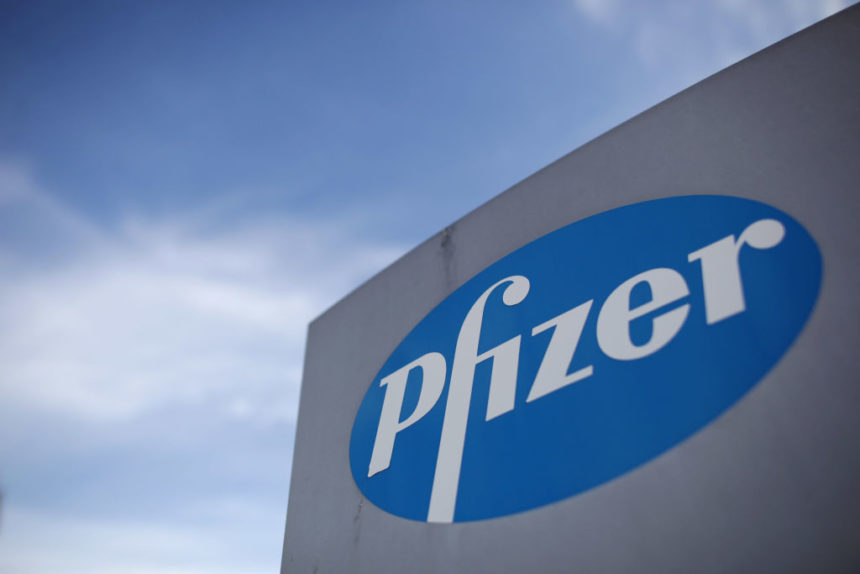Days after an EF-3 tornado devastated a major Pfizer manufacturing plant in Rocky Mount, North Carolina, the pharma giant outlined its relief plans for its workforce as well as the broader community.
Pfizer stated in a press release late last week that it will make a donation to the American Red Cross North Carolina Chapter and United Way Tar River Region to support the relief and recovery effort. The Pfizer Foundation will also match employee donations to these organizations.
The company stated that while the 1.4 million square foot facility remains closed and assessed for damage, all 3,200 employees are safe and accounted for.
Most of the damage occurred in the warehouse facility, Pfizer noted, which stores raw materials, packaging supplies and finished medicines awaiting quality approval. There wasn’t any major damage to the medicine production areas according to an initial assessment.
The company is working to move its products to nearby sites for storage and identify sources to replace damaged raw materials and supplies as well as alternative manufacturing sites across Pfizer’s expansive network.
Additionally, crews are working around the clock to “restore power, assess the structural integrity of the building and move finished medicines to nearby sites for storage,” the company stated.
Pfizer is coordinating with Food and Drug Administration Commissioner Robert Califf, North Carolina Governor Roy Cooper and state, local and federal officials on the recovery effort.
“Clearly nature is strong. So too is ingenuity and the human spirit. A great deal of work needs to be done, but I assure everyone, most importantly the people of the Rocky Mount community, that we will put Pfizer’s full power behind this effort,” Pfizer CEO Albert Bourla, said in a statement. “We will work in lockstep with our partners and local authorities to restore and rebuild the site and the community.”
The factory in Rocky Mount is one of the largest sterile injectable facilities in the world, with Pfizer noting on its website that more than 400 million units leave the facility in a given year and that nearly 25% of all sterile injectables used at hospitals in the U.S. are produced at the site.








